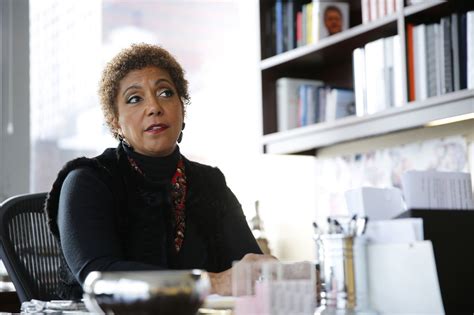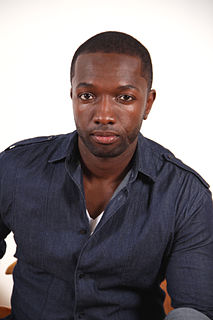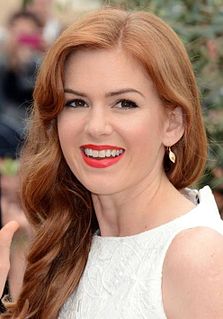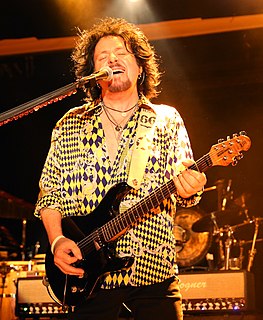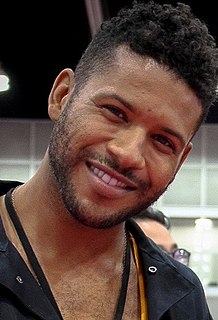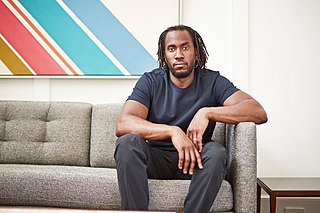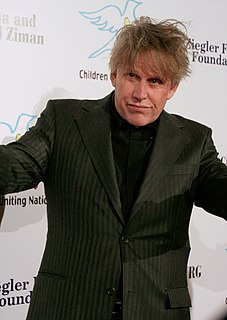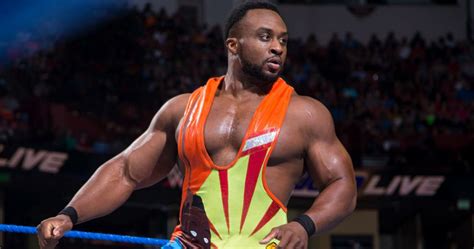A Quote by Linda Johnson Rice
We have to reach out to younger audiences. They need to see how they can see themselves as black women.
Related Quotes
I want to use film to tell stories that need to be told to spark discussions that will lead to change. I really want to see a change in the mindset of youth, how they see themselves and how they value life. Young audiences will be able to see themselves in this film and older audiences will gain an understanding of what their kids are dealing with on a daily basis. Kids discuss what they see on TV, social media, film so I want to create content that they will discuss and will change the way they think.
It's very necessary, showing the positive aspect of a black father. We see a lot of black women being the head of the household and holding the house down, but I think we need to have those images because there are black fathers out there who are doing the same thing and who are the glue to the family. That's who Black Lightning is.
When I was a kid, I remember the first Batman, the first Superman comic books when they came out, thinking how great that was and wouldn't it be great to see a movie like that. They did some cheap serials, but they're not the same as today. But I think younger audiences would like to see a real hero also.
Audiences will see what they want to see. Some will come out, hopefully enjoying two hours of action. Some people will find themselves gravitating towards the emotional dilemma that the characters find themselves in. Other people will see that there is some layer of subversions to the storytelling aspect of poking a finger of judgment at certain governments to the idea of foreign invasion, others maybe false pretenses.
